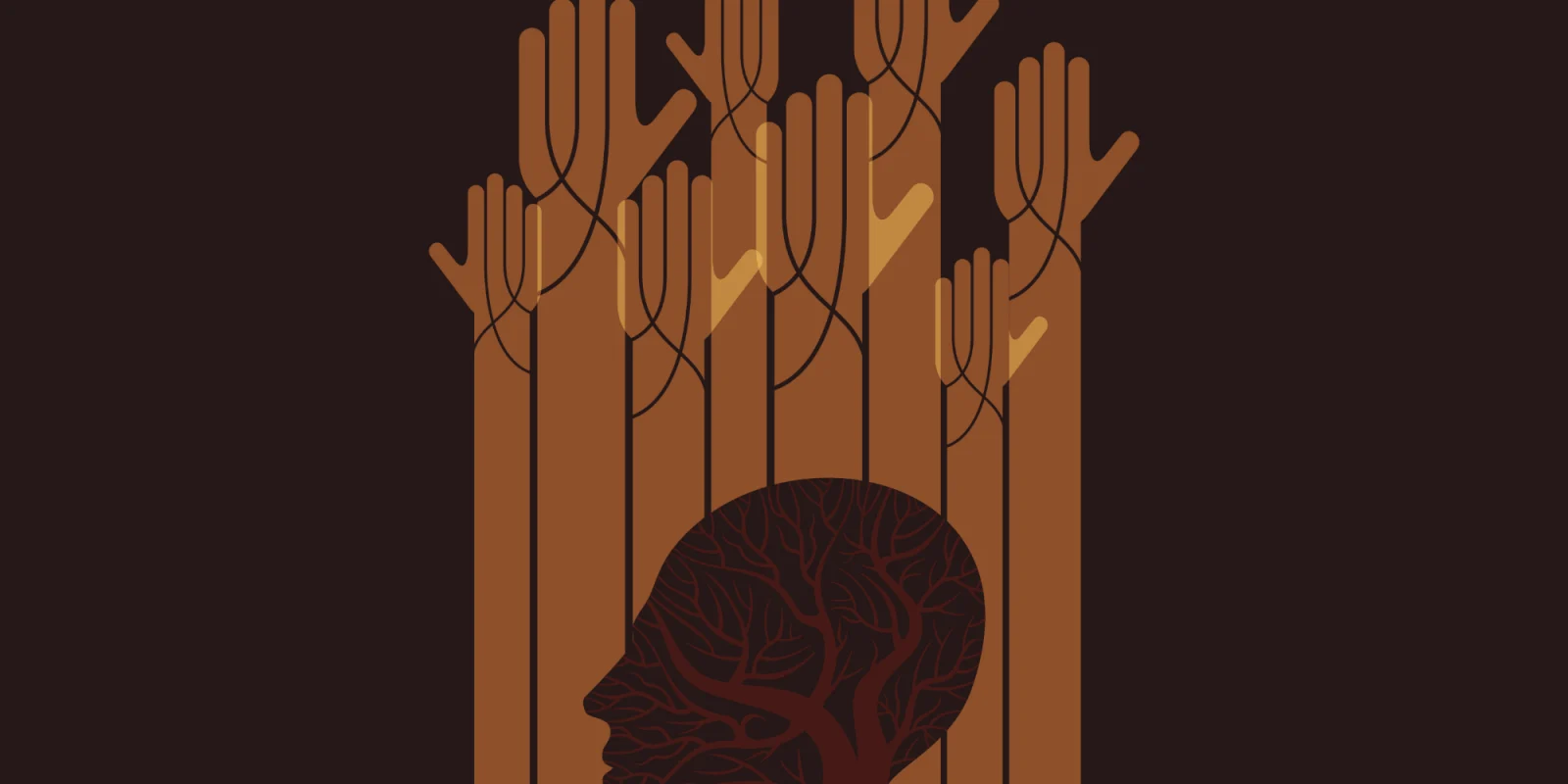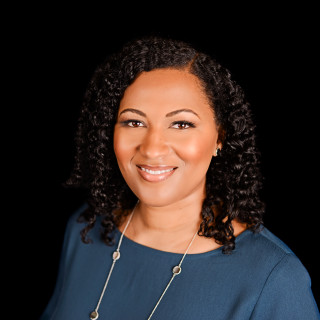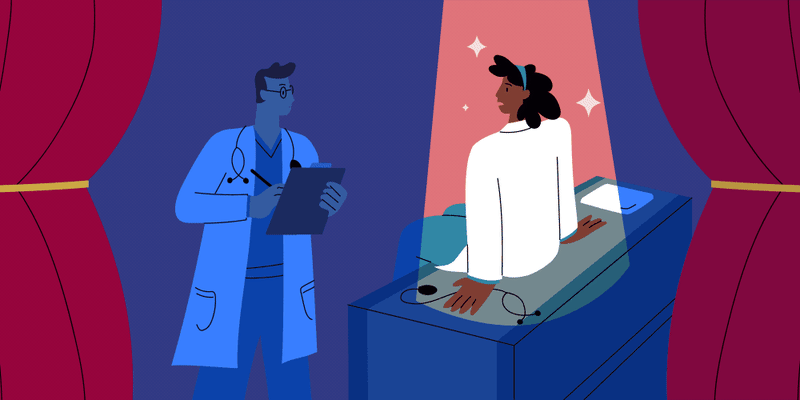
I am my ancestors’ wildest dreams is a quote on a T-shirt that I see frequently in my social media feeds. It is very relevant during Black History Month. My great grandparents and grandparents were capable and intelligent people who never had the opportunities I’ve had due to the impact of slavery and subsequent segregation. Their hard work and faith were instilled through the generations as many relatives on the maternal and paternal side of my family are very successful in various careers. I always knew that no matter what I chose as a career, my goal was to make them proud of me and make all their hard work and sacrifice worth it. I’m not sure they would have imagined that I would become a physician, as even in 2019 many black people still see that as an unattainable goal.
The first medical school in the United States admitted students in 1765. It was not until 1847, that David Jones Peck became the first black man to receive a medical degree at an American medical school. Seventeen years later, Rebecca Lee Crumpler because the first black woman to receive a medical degree in the United States. For early black physicians, practicing at a hospital was not an option. Being a member of the American Medical Association was a requirement for hospital practice and black physicians were not allowed to be members until at least 1888. Because black physicians weren’t practicing in hospitals, patients — even black patients, perceived them as inferior. Some black physicians started rudimentary hospitals in their homes. Almost 50 years after the formation of the AMA, black physicians, dentists, and pharmacists, formed the National Medical Association to promote the interests of black doctors and reduce disparities in healthcare.
In 1910, a new standard required all medical schools to be affiliated with a university and hospital leading to the closure of four black medical schools. This led to a reduction in the number of blacks graduating from medical schools until medical schools began to desegregate in 1948.
These are only snippets of the obstacles faced by my predecessors. I am thankful for their determination and resilience. When I entered medical school, I had not had much exposure to black physicians and was excited every time I encountered a black resident or attending. Even if we did not remain in contact after the rotation, their presence reminded me of what was possible even during the most difficult times in medical school. I recall the numerous occasions throughout medical school and now my 10 years as an attending, where I have been assumed to be every category of hospital staff but the physician. I have been called Miss or by my first name instead of Doctor. I have even had a patient walk out of my office because he only wanted to see a physician who was a white man.
I have also seen the smiles on the faces of older black patients who were happy to see me walk into their hospital room because they had never been taken care of by a black doctor before. Black medical students and residents are encouraged by working with me, because they see the same possibility in me that I saw in those who trained me. Many people are already hesitant to see a psychiatrist, even more so in the black community; so, if they decide to see one, sometimes they seek out a black psychiatrist. Patients share the most tragic, intimate, and secret details of their lives with a psychiatrist and some feel that it might be easier to talk to someone who is likely familiar with how their experiences as a black person in America impacts their mental health. An example is when a black woman patient can discuss the stress of microaggressions in her workplace to someone who has also experienced them and understands the meaning of them without explanation.
Black Americans have a sordid history with organized medicine. Surgical experimentation on slaves without anesthesia or consent, the Tuskegee Syphilis Study, and the use of Henrietta Lacks cells are just a few examples. Combine this with the historical lack of physicians and hospitals that would treat black patients and there is mistrust, cynicism, and fear. Blacks comprise about 13 percent of the United States population but make up less than four percent of practicing physicians, six percent of residents and fellows, and seven percent of medical school graduates. I feel obligated to change black patients’ perception of medicine and physicians, so they feel comfortable seeking the healthcare they need; to make sure all patients recognize that black physicians are as capable as any others; and to encourage more black students to seek medicine as a career so the black physician population more closely reflects the American population.
During Black History Month, I acknowledge the contributions that black physicians before me have made to the field of medicine and strive to make my own contributions throughout my career. I have not yet reached all of the goals I have for my medical career, but I am already certain that I have exceeded my ancestors’ wildest dreams.
Danielle J. Johnson, MD, FAPA is a board-certified psychiatrist. Her interests include women's mental health and minority mental health. Dr. Johnson is co-author of the book "The Chronicles of Women in White Coats." Follow @drdanij on Instagram and Twitter. She is a 2018–2019 Doximity Author.







